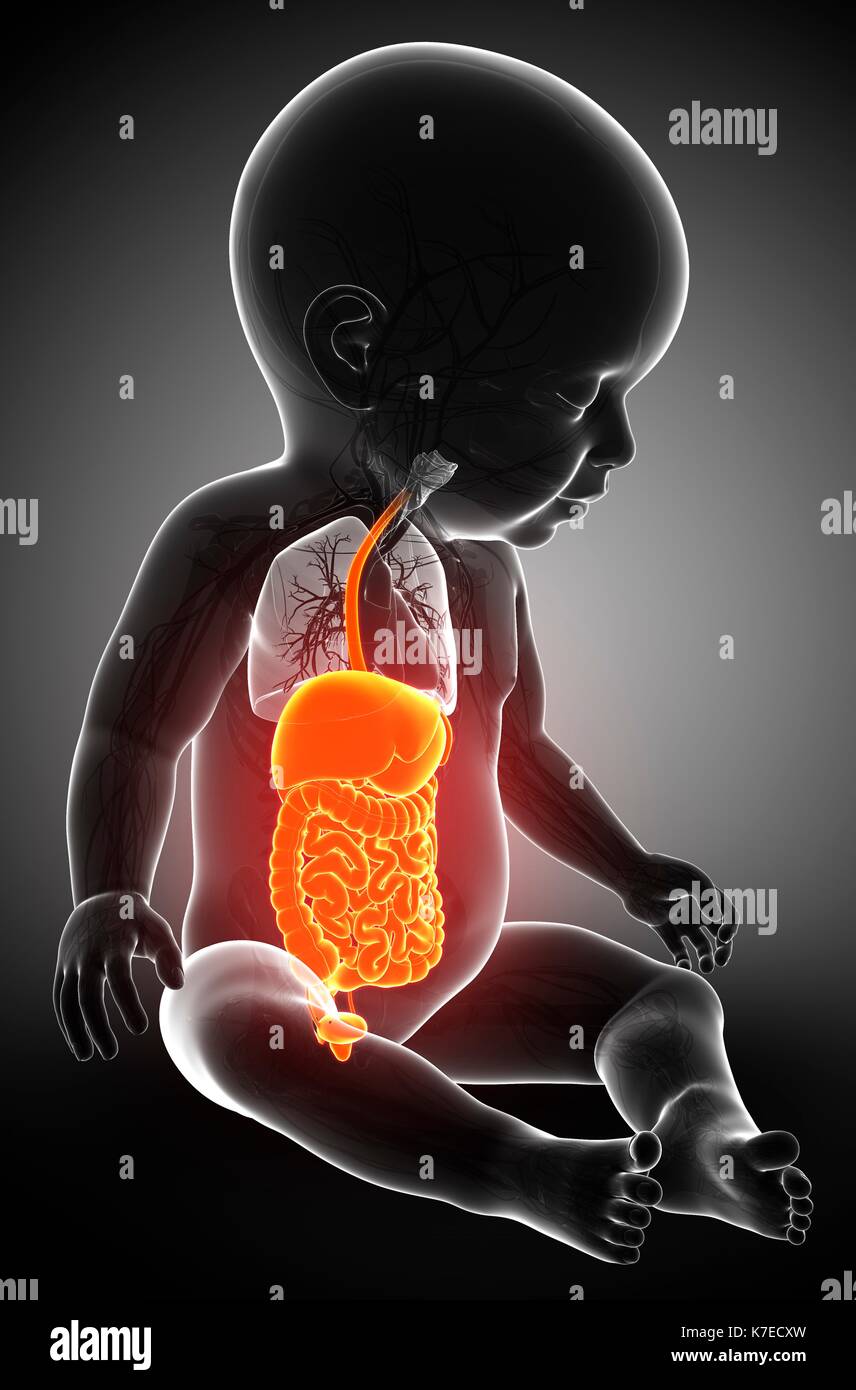 Source: bing.com
Source: bing.comAs a new parent, you’re probably wondering about your baby’s digestion and how it works. Understanding your baby’s digestion development is essential to ensure that your little one is getting the proper nutrition and growing up healthy. In this article, we’ll break down everything you need to know about baby digestion development, from their first feedings to their transition to solid foods.
Table of Contents
First Few Months: Understanding Breastfeeding and Formula Feeding
During the first few months of a baby’s life, their digestive system is still developing. Breast milk is often the best choice for feeding your newborn because it’s easy to digest, contains all the necessary nutrients, and provides antibodies to help your baby fight off infections. Formula is another option for feeding your newborn, but it may take longer to digest than breast milk.
Both breast milk and formula contain proteins, fats, and carbohydrates that provide energy and support growth. However, formula-fed babies may have more frequent bowel movements than breastfed babies because the protein in formula is harder to digest. This is normal and nothing to worry about, but if you have concerns about your baby’s bowel movements, talk to your pediatrician.
Introducing Solid Foods: What You Need to Know
Around 4-6 months of age, your baby’s digestive system starts to mature, and they may be ready to try solid foods. It’s important to introduce new foods slowly, one at a time, and watch for any allergic reactions or signs of intolerance. Common first foods include pureed vegetables or fruits, rice cereal, and oatmeal.
As your baby continues to grow and develop, you can start to introduce more complex foods and textures. Around 8-10 months of age, most babies can handle small pieces of soft food, such as cooked vegetables and fruit, pasta, and toast. It’s essential to continue to introduce new foods slowly and watch for any signs of discomfort or allergic reactions.
Common Digestive Problems in Babies
As your baby’s digestive system develops, they may experience some common digestive problems. These include:
- Constipation: This occurs when your baby has difficulty passing stools, which can be hard and dry. You can help prevent constipation by providing plenty of fluids and including high-fiber foods in their diet.
- Colic: This is characterized by excessive crying and fussiness, often in the evening. The cause of colic is unknown, but it usually resolves on its own by 3-4 months of age.
- Reflux: This occurs when your baby spits up or vomits frequently after feeding. Reflux is common in newborns and usually resolves on its own by 6-12 months of age.
- Food allergies: Some babies may develop an allergic reaction to certain foods, such as milk, eggs, or peanuts. Signs of an allergic reaction include hives, vomiting, and difficulty breathing. If you suspect your baby has a food allergy, talk to your pediatrician.
Conclusion
Understanding your baby’s digestion development is essential to ensure that they’re getting the proper nutrition and growing up healthy. Breast milk or formula provides the necessary nutrients in your baby’s first few months of life, and introducing solid foods slowly and watching for any allergic reactions is key. If you have concerns about your baby’s digestion, talk to your pediatrician.
Frequently Asked Questions
1. When can I start giving my baby solid foods?
Around 4-6 months of age, your baby’s digestive system starts to mature, and they may be ready to try solid foods. It’s important to introduce new foods slowly, one at a time, and watch for any allergic reactions or signs of intolerance.
2. What are some common digestive problems in babies?
Common digestive problems in babies include constipation, colic, reflux, and food allergies.
3. How can I prevent constipation in my baby?
You can help prevent constipation in your baby by providing plenty of fluids and including high-fiber foods in their diet.
4. What are some signs of a food allergy in babies?
Signs of a food allergy in babies include hives, vomiting, and difficulty breathing.
5. When should I talk to my pediatrician about my baby’s digestion?
If you have concerns about your baby’s digestion, such as constipation, excessive crying, or signs of an allergic reaction, it’s important to talk to your pediatrician.
